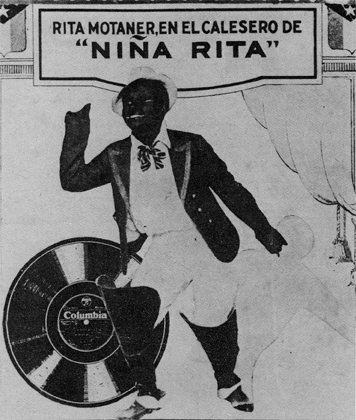|
ThÃĐÃĒtre De Neuve
The ThÃĐÃĒtre de Neuve was a theatre in Geneva, Republic of Geneva. In 1783, the original theatre was replaced with a new stone building, the ThÃĐÃĒtre de Neuve, designed by Pierre-David Matthey, with three tiers of boxes surrounding the orchestra seats and an audience capacity of 1000. Nevertheless, Its stage was cramped, with very little room in the wings, and the orchestra pit could not seat more than 30 musicians. At the eve of the French Revolution, as waves of political unrest rocked Geneva, the new theatre's function was still to entertain foreign officers sent as reinforcements and seats were primarily reserved for sponsors and shareholders. As such, most of the Geneva population could not attend performances. The ThÃĐÃĒtre de Neuve was destined to stand in place for less than a hundred years. Revolutionary troubles forced the theatre to close several times and it was used consecutively as a revolutionary club and a cotton mill. In October 1797, the theatre was definitel ... [...More Info...] [...Related Items...] OR: [Wikipedia] [Google] [Baidu] |
Geneva
Geneva ( , ; ) ; ; . is the List of cities in Switzerland, second-most populous city in Switzerland and the most populous in French-speaking Romandy. Situated in the southwest of the country, where the RhÃīne exits Lake Geneva, it is the capital of the Canton of Geneva, Republic and Canton of Geneva, and a centre for international diplomacy. Geneva hosts the highest number of International organization, international organizations in the world, and has been referred to as the world's most compact metropolis and the "Peace Capital". Geneva is a global city, an international financial centre, and a worldwide centre for diplomacy hosting the highest number of international organizations in the world, including the headquarters of many agencies of the United Nations and the International Committee of the Red Cross, ICRC and International Federation of Red Cross and Red Crescent Societies, IFRC of the International Red Cross and Red Crescent Movement, Red Cross. In the aftermath ... [...More Info...] [...Related Items...] OR: [Wikipedia] [Google] [Baidu] |
Operetta
Operetta is a form of theatre and a genre of light opera. It includes spoken dialogue, songs and including dances. It is lighter than opera in terms of its music, orchestral size, and length of the work. Apart from its shorter length, the operetta is usually of a light and amusing character. The subject matter may portray "lovers' spats, mistaken identities, sudden reversals of fortune, and glittering parties". It sometimes also includes satirical commentaries. "Operetta" is the Italian diminutive of "opera" and was used originally to describe a shorter, perhaps less ambitious work than an opera. Operetta provides an alternative to operatic performances in an accessible form targeting a different audience. Operetta became a recognizable form in the mid-19th century in France, and its popularity led to the development of many national styles of operetta. Distinctive styles emerged across countries including Austria-Hungary, Germany, England, Spain, the Philippines, Mexico, Cuba, ... [...More Info...] [...Related Items...] OR: [Wikipedia] [Google] [Baidu] |
Culture In Geneva
Culture ( ) is a concept that encompasses the social behavior, institutions, and norms found in human societies, as well as the knowledge, beliefs, arts, laws, customs, capabilities, attitudes, and habits of the individuals in these groups.Tylor, Edward. (1871). ''Primitive Culture''. Vol 1. New York: J. P. Putnam's Son Culture often originates from or is attributed to a specific region or location. Humans acquire culture through the learning processes of enculturation and socialization, which is shown by the diversity of cultures across societies. A cultural norm codifies acceptable conduct in society; it serves as a guideline for behavior, dress, language, and demeanor in a situation, which serves as a template for expectations in a social group. Accepting only a monoculture in a social group can bear risks, just as a single species can wither in the face of environmental change, for lack of functional responses to the change. Thus in military culture, valor is counted ... [...More Info...] [...Related Items...] OR: [Wikipedia] [Google] [Baidu] |


